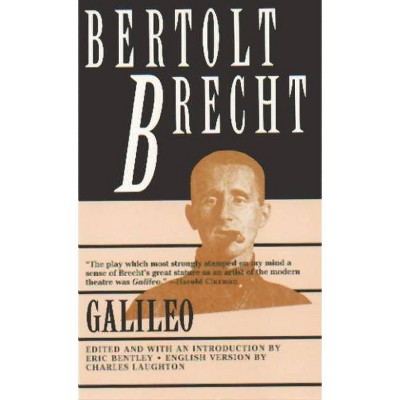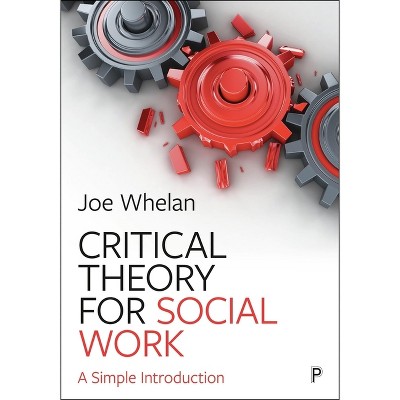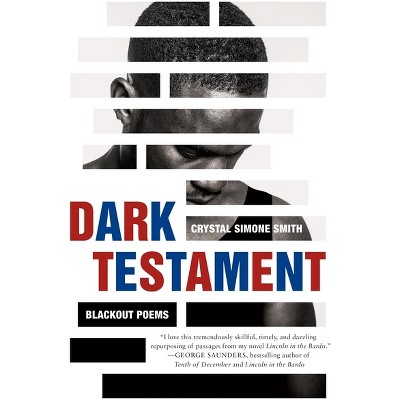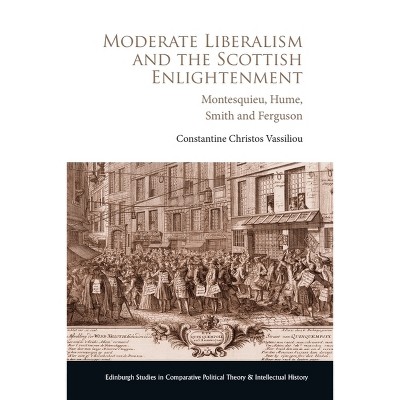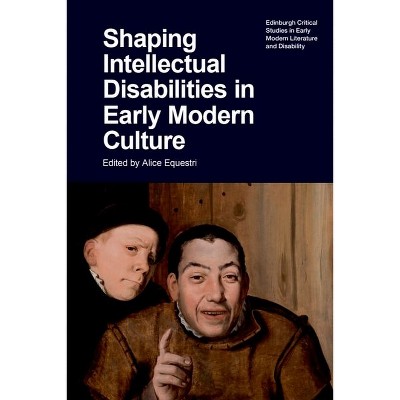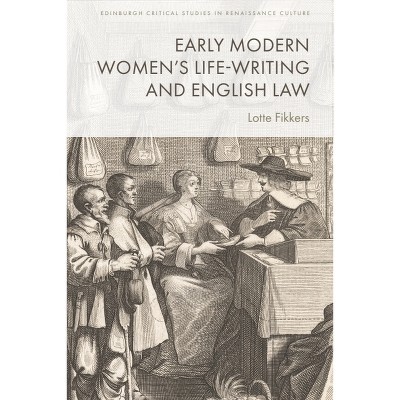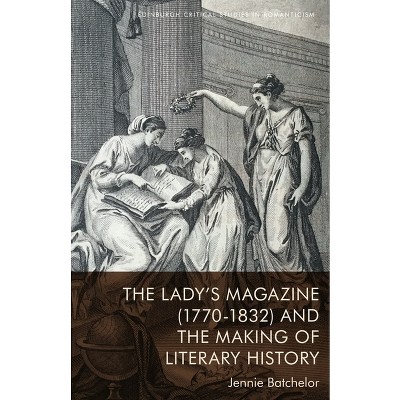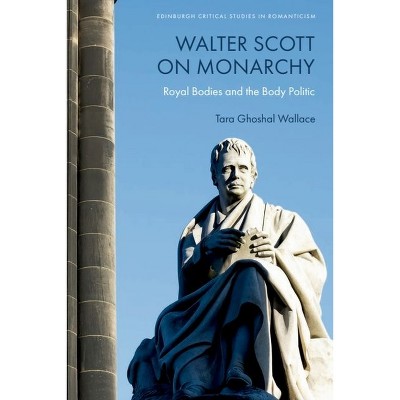Sponsored

Georg Lukács and Critical Theory - by Tyrus Miller (Hardcover)
In Stock
Sponsored
About this item
Highlights
- This book examines the heritage of critical theory from the Hungarian Marxist philosopher Georg Lukács through the early Frankfurt School up to current issues of authoritarian politics and democratisation.
- About the Author: Tyrus Miller is professor of Art History and English at University of California, Irvine.
- 280 Pages
- Literary Criticism, Semiotics & Theory
Description
About the Book
"This book examines the heritage of critical theory from the Hungarian Marxist philosopher Georg Lukâacs through the early Frankfurt School up to current issues of authoritarian politics and democratisation. Interweaving discussion of art and literature, utopian thought, and the dialectics of high art and mass culture, it offers unique perspectives on an interconnected group of left-wing intellectuals who sought to understand and resist their society's systemic impoverishment of thought and experience. Starting from Lukâacs's reflections on art, utopia, and historical action, it progresses to the Frankfurt School philosopher Theodor W. Adorno's analyses of music, media, avant-garde and kitsch. It concludes with discussions of erotic utopia, authoritarianism, postsocialism, and organised deceit in show trials - topics in which the legacy of Lukâacs and Frankfurt School critical theory continues to be relevant today"--Book Synopsis
This book examines the heritage of critical theory from the Hungarian Marxist philosopher Georg Lukács through the early Frankfurt School up to current issues of authoritarian politics and democratisation. Interweaving discussion of art and literature, utopian thought, and the dialectics of high art and mass culture, it offers unique perspectives on an interconnected group of left-wing intellectuals who sought to understand and resist their society's systemic impoverishment of thought and experience. Starting from Lukács's reflections on art, utopia, and historical action, it progresses to the Frankfurt School philosopher Theodor W. Adorno's analyses of music, media, avant-garde and kitsch. It concludes with discussions of erotic utopia, authoritarianism, postsocialism, and organised deceit in show trials - topics in which the legacy of Lukács and Frankfurt School critical theory continues to be relevant today.
From the Back Cover
Reflects the extraordinary scope and topicality of Lukács and Frankfurt School thought This book examines the heritage of critical theory from the Hungarian Marxist philosopher Georg Lukács through the early Frankfurt School up to current issues of authoritarian politics and democratisation. Interweaving discussion of art and literature, utopian thought, and the dialectics of high art and mass culture, it offers unique perspectives on an interconnected group of left-wing intellectuals who sought to understand and resist their society's systemic impoverishment of thought and experience. Starting from Lukács's reflections on art, utopia, and historical action, it progresses to the Frankfurt School philosopher Theodor W. Adorno's analyses of music, media, avant-garde and kitsch. It concludes with discussions of erotic utopia, authoritarianism, postsocialism and organised deceit in show trials - topics for which the legacy of Lukács and Frankfurt School critical theory continue to be relevant today. Tyrus Miller is Professor of Art History and English at University of California, Irvine. His publications include Modernism and the Frankfurt School (Edinburgh University Press, 2014) and Late Modernism: Politics, Fiction, and the Arts Between the World Wars (1999).Review Quotes
For those who have concluded that Lukács has nothing more to teach us or feel exhausted by the surfeit of commentaries on Adorno, Tyrus Miller's sprightly essays on their entangled legacy will come as a refreshing surprise. He knows how to pose suggestive questions and come up with provocative answers, which demonstrate the continuing relevance of Western Marxism in the twenty-first century.
--Martin Jay, University of California, BerkeleyThis volume by Miller (art history and English, Univ. of California, Irvine) makes an important contribution to readers' understanding of Georg Lukács, the Frankfurt School, and late modern culture. [...] A major highlight is Miller's juxtaposition of the Frankfurt School's approach to interdisciplinary research with post-Cold War efforts by artists and humanists in Hungary to come to terms with experiences under communism.
Summing Up: Recommended.
This volume by Miller makes an important contribution to readers' understanding of Georg Lukács, the Frankfurt School, and late modern culture. [...] A major highlight is Miller's juxtaposition of the Frankfurt School's approach to interdisciplinary research with post-Cold War efforts by artists and humanists in Hungary to come to terms with experiences under communism.
Summing Up: Recommended.
About the Author
Tyrus Miller is professor of Art History and English at University of California, Irvine. He is the author of Modernism and the Frankfurt School (EUP, 2014); Singular Examples: Artistic Politics and the Neo-Avant-Garde (Northwestern University Press, 2009); Late Modernism: Politics, Fiction, and the Arts Between the World Wars (University of California Press, 1999). He edited the (Cambridge University Press, 2016) and was editor and translator of Georg Lukács's post-World War II essays in Hungarian, The Culture of People's Democracy: Hungarian Essays on Literature, Art, and Democratic Transition, 1945-1948 (Brill, 2013).
Shipping details
Return details
Frequently bought together
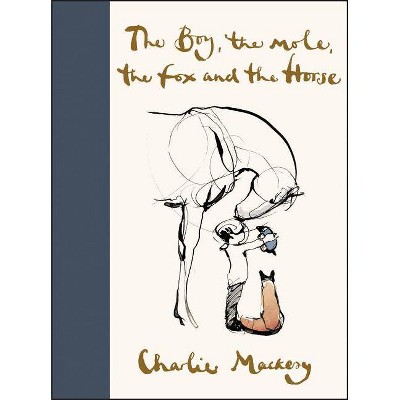
Trending Book Deals








